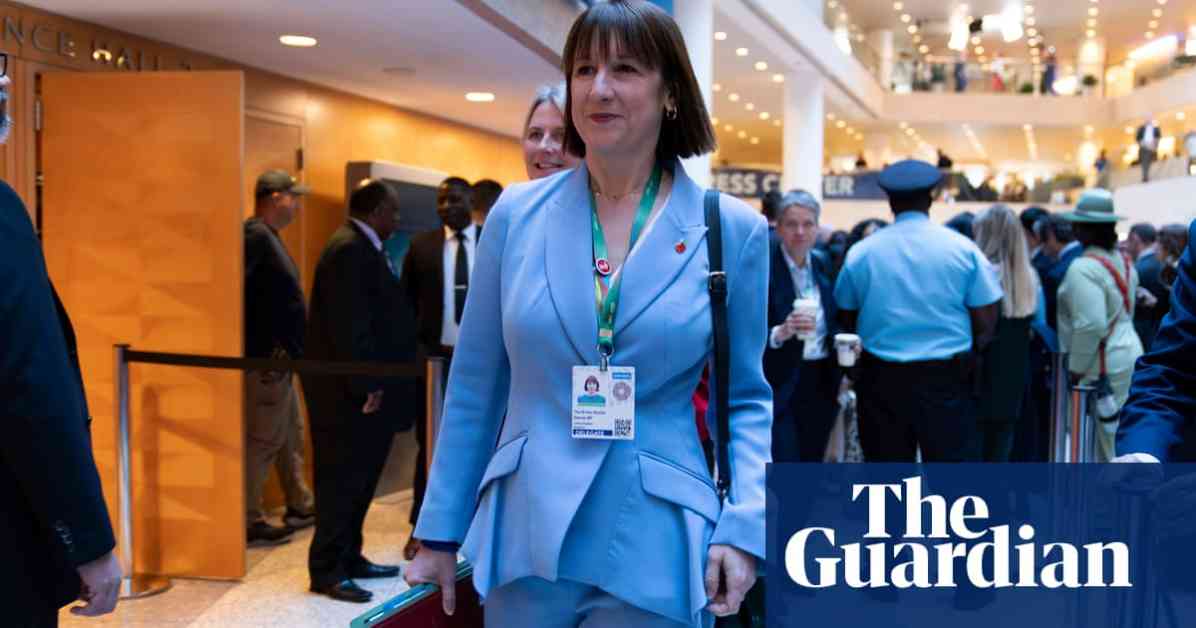Rachel Reeves has announced that she will reverse the massive cuts in public investment during the upcoming budget. She confirmed that the rules restricting her spending power will be changed to allow the government to allocate up to £50bn for infrastructure projects. This announcement was made during her visit to the International Monetary Fund (IMF) annual meetings in Washington.
Reeves stated that she will be altering how the Treasury calculates budget shortfalls for the remainder of the parliament to increase funds available for public infrastructure investment. This change is necessary as public investment in the UK has fallen behind other major economies. The new rules could potentially release over £50bn in funding over the next five years compared to the plans set by the previous Conservative government.
The chancellor did not specify the exact measures of debt that would be targeted but sources indicate that she will focus on public sector net financial liabilities (PSNFL). This approach considers all of the government’s financial assets and liabilities, providing more flexibility to borrow for long-term infrastructure projects.
To address concerns about overspending, Reeves assured that strict limits on Whitehall budgets will be maintained, and not all additional investment funds will be spent in the initial budget. This measure is aimed at maintaining confidence in financial markets and ensuring that borrowing is not used for day-to-day government expenses.
While the cost of government borrowing initially increased following the announcement, experts believe that the impact is relatively modest compared to previous budget periods. The rise in bond yields and the spread between UK gilts and German debt reflect market reactions to the news.
Business leaders have expressed concerns about the uncertainty surrounding the budget, which has affected confidence in the British economy. Reeves emphasized that while changes to debt rules will allow for more investment, day-to-day spending will still need to be covered by tax receipts.
Jeremy Hunt, the shadow chancellor, criticized the decision to alter fiscal rules, suggesting that it could lead to higher interest rates and increased mortgage payments for households. He also raised concerns about the lack of parliamentary announcement regarding this significant change.
Reeves assured that investment spending will be monitored closely to ensure value for taxpayers. Oversight will be provided by the Office for Budget Responsibility (OBR) and the National Audit Office to guarantee that all investments yield long-term returns for the country. This approach aims to balance the need for investment with fiscal responsibility.












